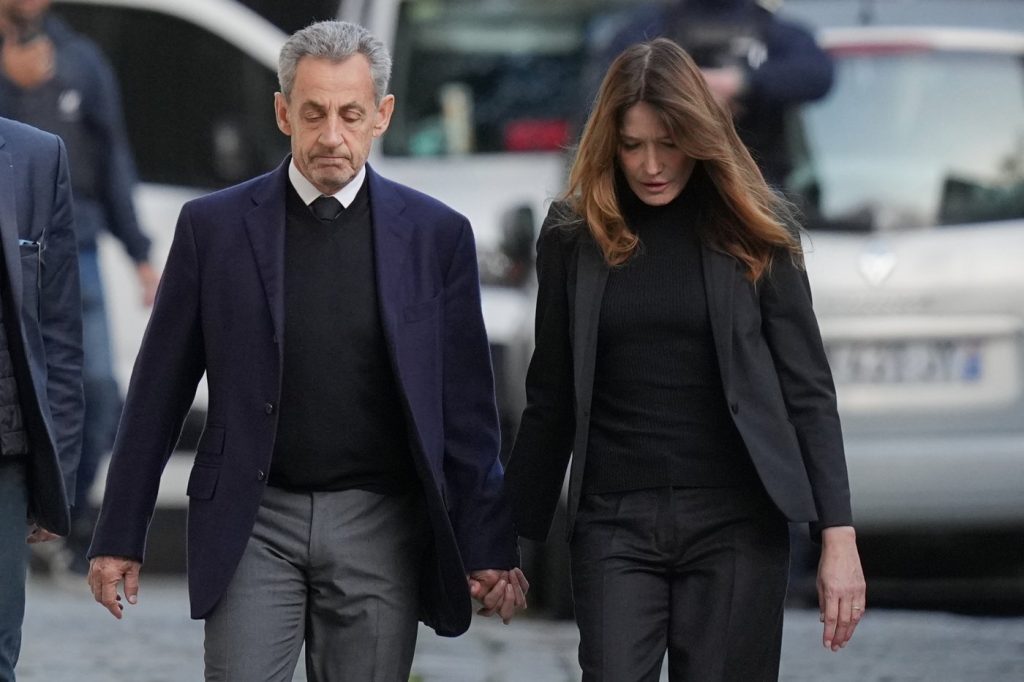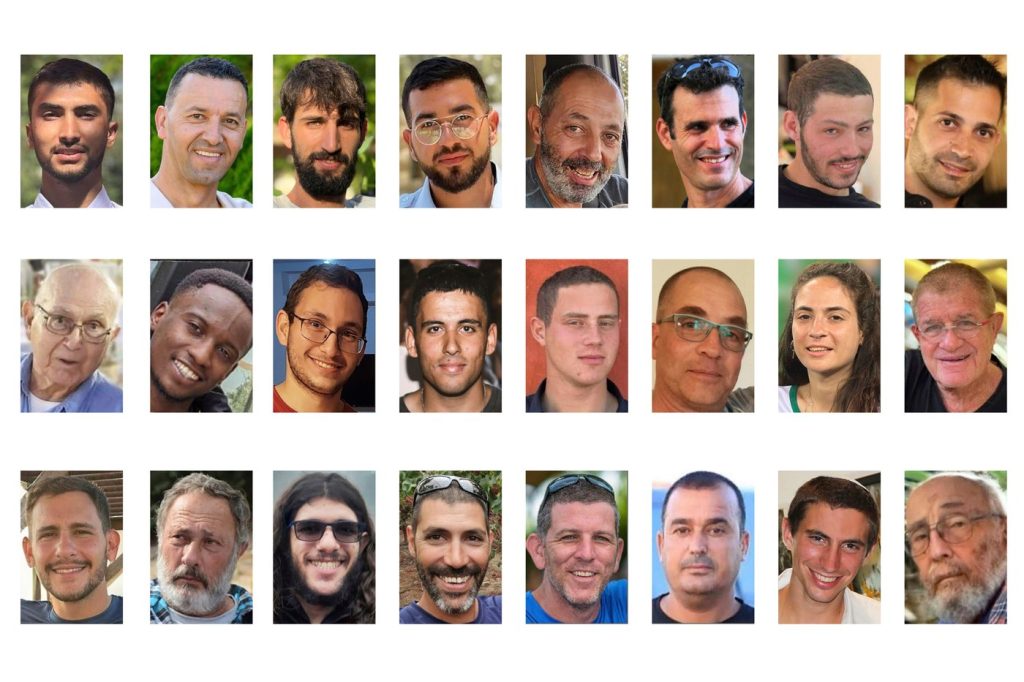PARIS (AP) — Nicolas Sarkozy, once the most powerful figure in France and a prominent national leader, now finds himself serving time in prison. The former president, who governed from 2007 to 2012, is currently incarcerated at La Santé prison in Paris after being convicted of criminal conspiracy. This conviction stems from his involvement in plotting to fund his presidential campaign in 2007 with illicit funds from Libya.
Sarkozy, who is now 70 years old, has always presented himself as tough on crime during his presidency. However, he is now grappling with the stringent constraints and routines dictated by prison life. He plans to appeal against his conviction while continuing to assert his innocence.
The judges sentenced Sarkozy to a total of five years in prison, delivering a robust message regarding privilege and accountability under the French legal system. His sentencing serves as a reminder that no one, regardless of their past positions of power, is above the law.
Interestingly, Sarkozy is among over 80,000 inmates in French prisons, yet he is uniquely distinguished as the first former president of modern France to be incarcerated, having once commanded the nation’s nuclear arsenal. Despite his fall from grace, Sarkozy still maintains influential connections; he recently visited the presidential Élysée Palace for a farewell meeting with current President Emmanuel Macron before his incarceration.
During his presidency, Sarkozy represented a generational shift in France's political landscape. Born in Paris in 1955, he became France's first president born after World War II, embodying a break from the past. In the 2007 election, he emerged victorious against Socialist candidate Ségolène Royal, denying her the opportunity to become the first female president of France.
Sarkozy’s presidency was marked by his controversial persona. Nicknamed “President Bling-Bling” for his obvious admiration for wealth and luxury, he was often seen as polarizing. His extravagant celebrations following his electoral victories, including a lavish party at Brasserie Fouquet’s on the Champs-Élysées and vacations aboard a billionaire's yacht, set the tone for public perception of his leadership style.
On a personal level, Sarkozy's life has famously intertwined with supermodel Carla Bruni. While he was still married to his second wife, Cécilia, the couple divorced, and shortly after, Sarkozy began an affair with Bruni, who later became his third wife. Their relationship has endured despite his ongoing legal challenges, with public displays of affection symbolizing their solidarity against the perceived injustices he faces.
Sarkozy’s early life and career were shaped by his background as the son of a Hungarian immigrant father and a French-Greek mother. He described himself as an "outsider" and quickly made a name for himself in politics, becoming a mayor at just 28. His ambition led to attention-grabbing actions, including negotiating the release of hostages during a crisis in 1993.
His presidency was characterized by a modern style, pursuing closer ties with the United States and promoting military intervention in international conflicts, notably in Libya against Moammar Gadhafi. However, this relationship later became a focal point in investigations regarding his funding sources during the 2007 campaign.
Sarkozy's direct and often crude language further complicated his public image; his blunt remarks have led to numerous controversies, and he gained the nickname "hyper-president" due to his high-energy approach to leadership. His presidency saw significant policy shifts regarding immigration, most notably the ban on wearing burqas in public and heightened tensions surrounding immigration from Africa—issues that continue to resonate in contemporary French politics.
In the aftermath of his presidency, the political landscape has been increasingly dominated by far-right discourse, primarily influenced by leaders like Marine Le Pen, who capitalize on issues of immigration and national identity, exacerbated by Sarkozy's own policies.












